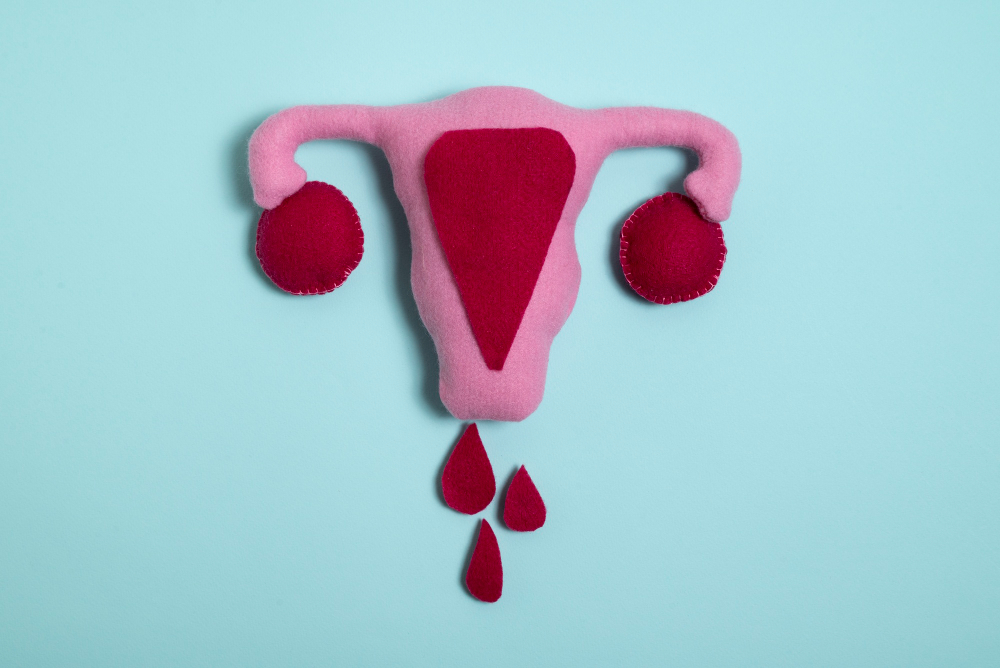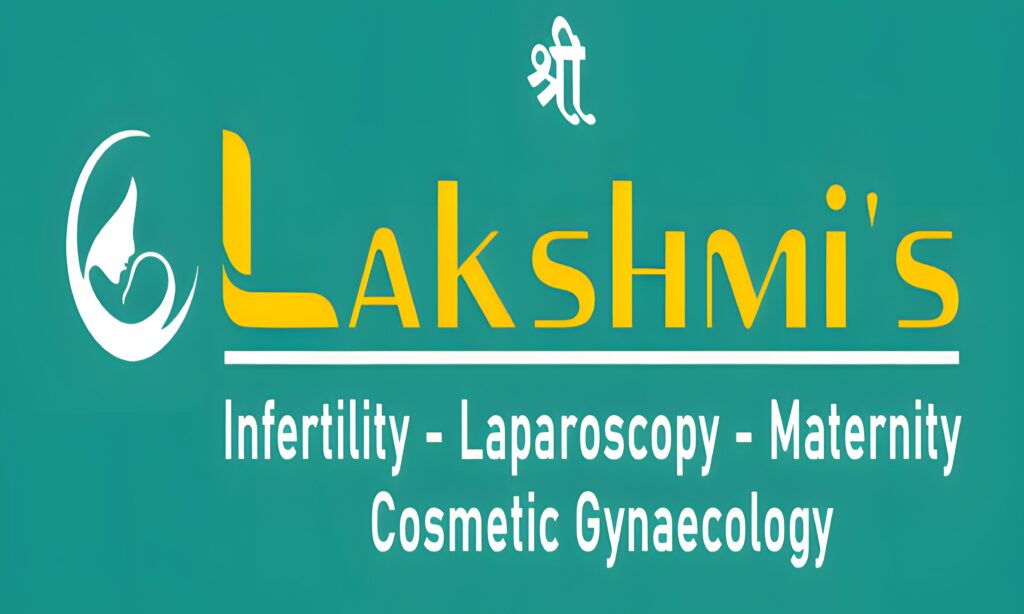PCOD(Polycystic Ovarian Disease)

Polycystic Ovary Syndrome (PCOS), formerly known as Polycystic Ovarian Disease, is a common hormonal disorder affecting individuals of reproductive age, particularly women. It is characterized by irregular menstrual cycles, excessive androgen (male hormone) levels, and the presence of multiple small cysts on the ovaries.
Symptoms:
Menstrual Irregularities: Women with PCOS often experience irregular menstrual cycles, which may manifest as infrequent periods, prolonged periods, or unpredictable bleeding patterns.
Hyperandrogenism: Elevated levels of androgens can lead to symptoms such as acne, hirsutism (excessive hair growth on the face, chest, or back), and male-pattern baldness or thinning of hair.
Ovarian Cysts: While the name suggests multiple cysts on the ovaries, not all individuals with PCOS have ovarian cysts. However, the presence of cysts is commonly observed during ultrasound examinations.
Metabolic Issues: PCOS is associated with insulin resistance, which can lead to metabolic disturbances such as weight gain, difficulty losing weight, and an increased risk of type 2 diabetes.
Reproductive Challenges: PCOS is a leading cause of infertility due to irregular ovulation or lack of ovulation. Women with PCOS may struggle to conceive naturally and may require medical assistance to achieve pregnancy.
Management:
Lifestyle Modifications: Healthy lifestyle changes, including regular exercise, a balanced diet, and weight management, can help improve insulin sensitivity and regulate menstrual cycles in individuals with PCOS.
Medications: Hormonal contraceptives (birth control pills), anti-androgen medications, and insulin-sensitizing drugs such as metformin may be prescribed to manage symptoms and regulate menstrual cycles.
Fertility Treatment: For individuals struggling with infertility, fertility treatments such as ovulation induction with medications like clomiphene citrate or assisted reproductive technologies like in vitro fertilization (IVF) may be recommended.
Management of Symptoms: Treatment options for managing specific symptoms of PCOS, such as acne or hirsutism, may include topical or oral medications, laser hair removal, or other cosmetic interventions.
Regular Monitoring: Individuals with PCOS require regular monitoring of their symptoms, hormone levels, and metabolic health to assess treatment effectiveness and address any potential complications.
While PCOS cannot be cured, its symptoms can be effectively managed with appropriate medical care and lifestyle adjustments. Early diagnosis and intervention are essential for minimizing the long-term health risks associated with PCOS, including cardiovascular disease and diabetes.
